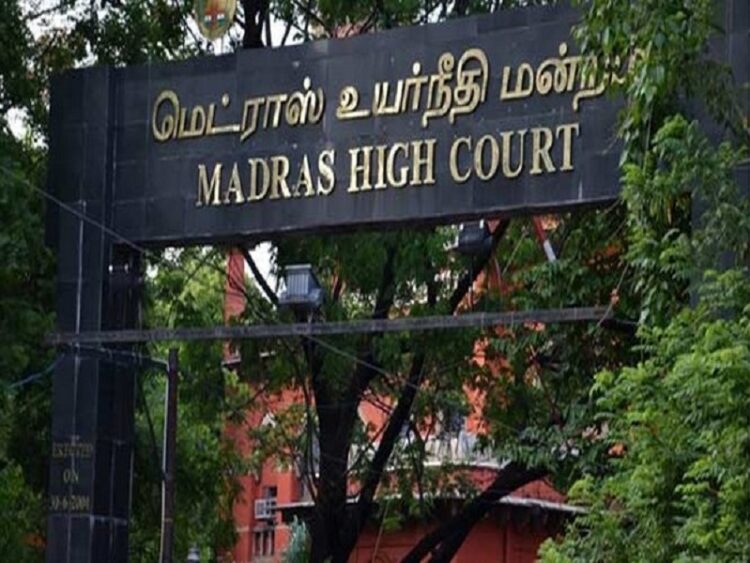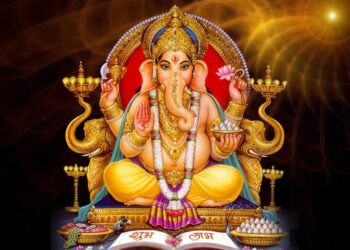Chennai: Amid the debate and political row over DMK Minister Udhayanidhi Stalin’s comments, the Madras High Court has said that Sanatana Dharma is a set of ‘eternal duties’ which can be gathered from multiple sources relating to Hinduism or those practising the Hindu way of life and includes “the duty to the nation, duty to the King, King’s duty to his people, duty to one’s parents and Gurus, care for the poor, and whole lot of other duties”.
The court also said that when free speech is exercised in matters pertaining to religion, it is necessary for one to ensure that no one is injured and “free speech cannot be hate speech”.
Justice N Seshasayee said in his order on September 15 that the court is conscious of “the very vociferous, and at time noisy debates on pro and anti Sanatana Dharma” and the court could not help pondering over with genuine concern for what is going around.
“Somewhere, an idea appears to have gained ground that Sanadhana Dharma is all about, and only about, promoting casteism and untouchability. Untouchability in a country of equal citizens, cannot be tolerated, and even if it is seen as permitted somewhere within the principles of ‘Sanathana dharma’, it still cannot have a space to stay, since Article 17 of the Constitution has declared that untouchability has been abolished. It is part of the fundamental right,” the court said.
The court referred to the arguments on behalf of the petitioner Elangovan and said he had submitted with considerable force that nowhere Sanatana Dharma either approves or promotes untouchability, and it only insists the practitioners of Hinduism to treat all equally.
The court was hearing a petition challenging a circular issued by a local government college asking girl students to share their thoughts on the topic ‘Opposition to Sanadhana’ on the birth anniversary of former Tamil Nadu Chief Minister and DMK founder CN Annadurai. The court disposed of the plea after noting that the circular had already been withdrawn by the college.













Comments